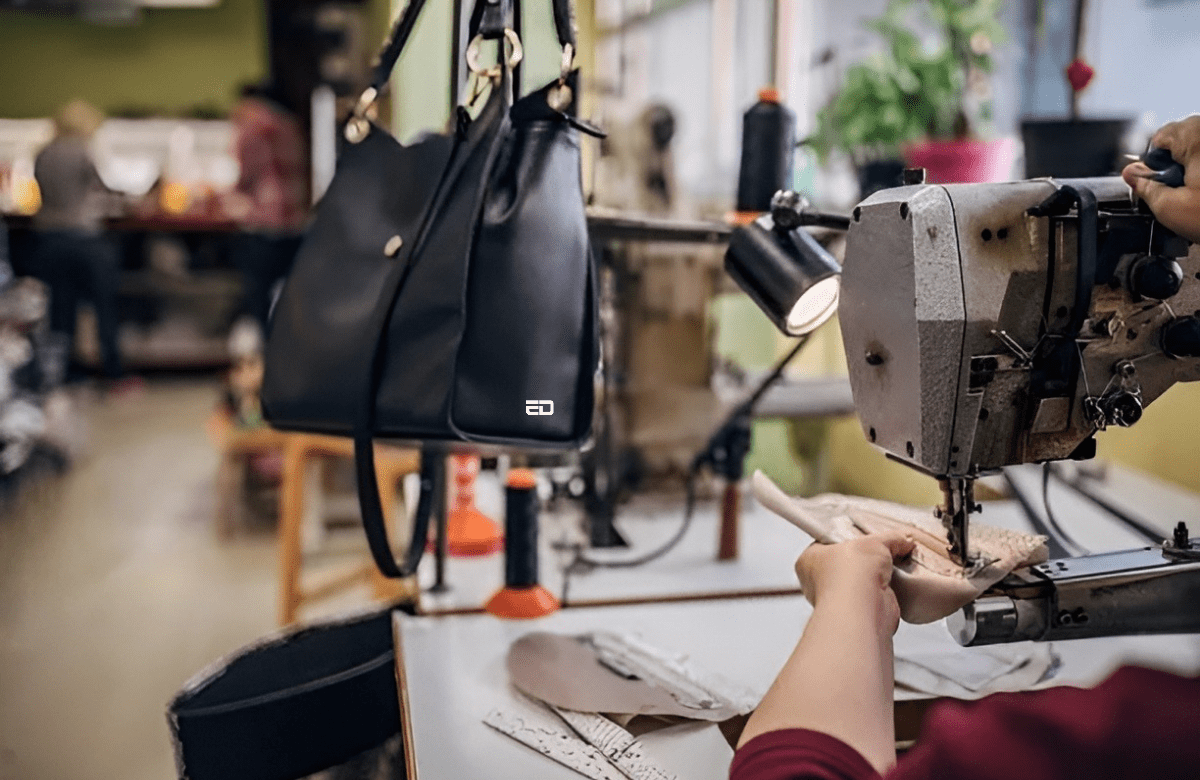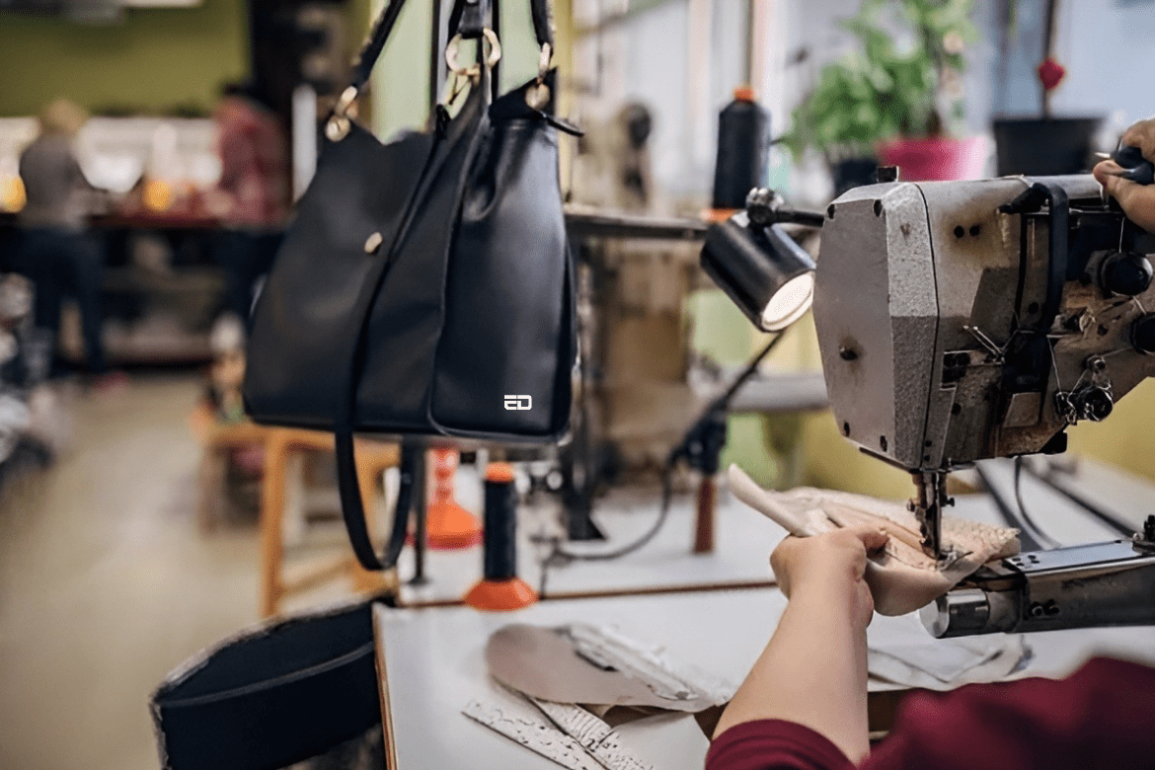
Some of the world’s most famous brands are currently under scrutiny. They have been receiving severe flak after raids made in some of their units gave away certain shocking revelations.
Here’s every detail about what is happening.
Raids Expose The World’s Top Brands:
Consumers are ready to pay hefty amounts for branded products, owing to their hype, luxurious materials, reputed logos, quality and fashionable silhouettes. William Shakespeare rightly said, “All that glitters is not gold.”
Consumers are unable to make informed decisions because the truth is concealed from their eyes. The Italian police have raided some of LVMH’s (Louis Vuitton Moët Hennessy) Dior suppliers that make handbags in Milan. Business Insider, a New York City–based multinational financial and business news website, revealed that prosecutors said that Dior paid them $57 to produce bags that are sold for $2,780 in retail.
The Wall Street Journal (WSJ), an American newspaper based in New York, reveals that Armani’s bags are initially bought for €93 from suppliers, resold to the brand for €250 and priced around €1,800 in stores. These costs even exclude the expenses of raw materials such as leather, design, distribution and marketing.
Judges have placed Dior and Armani units under judicial administration for a year, accusing them for exploiting the workers by not abiding by the labour laws in place. The ruling on Dior focused on four Milan-area companies in the supply chain, two of which directly supplied the brand. The WSJ also stated that at least two illegal immigrants and seven who were employed off the books, were also implicated.
In a 34 page court order, the judges wrote that inspections by Italian police in March and April found workers subject to hygiene and health conditions that are below the minimum required by an ethical approach. The report also added that the safety of the labourers was also compromised as they usually operated machines from which safety devices had been removed to increase productivity.
Electricity consumption data indicated that employees typically worked from dawn until after 9 p.m., including on weekends and holidays.
Reuter, the world’s largest multimedia news provider, reports that Dior did not take “appropriate measures to check the actual working conditions or the technical capabilities of the contracting companies” and that the labourers were sleeping in the facility so bags could be produced around the clock.
With respect to the report, Armani said it had “control and prevention measures in place to minimize abuses in the supply chain” and was “collaborating with the utmost transparency” with authorities.
In the paper submitted to the court, prosecutors also claimed that the
Chinese-owned firms were the subcontractors and most of the workers were from China. Such complex and fragmented production chains pose a challenge to direct oversight. The court ruling against Armani also shows how one of its subsidiaries, GA Operations, hired two subcontractors, which in turn hired several Chinese-owned subcontractors in Italy.
Read More: PETA Wants To Ban Sex For Men Who Eat Meat
Not Only Humans, But Animals Also Subjected To Cruelty:
Investigations by PETA entities revealed that Louis Vuitton is responsible for the torture and killing of crocodiles, ostriches, pythons and other snakes for their skin that is used to make some of the brands’ products. It also claimed that certain well-known Gucci products, such as the GG Marmont leather bags are largely made of calfskin. People for the Ethical Treatment of Animals is an American animal rights nonprofit organization.
In 2017, the branded Hermès, white Himalaya crocodile Birkin bag crusted with diamonds was sold for a record Rs 2,81,33,800 at a Christie’s (a world-leading art and luxury business) auction. Moreover, a Gucci small Zumi alligator bag will currently set you back Rs 21,39,300 and a Louis Vuitton ostrich backpack will cost you Rs 11,33,000.
PETA also brought to light videos that showed thousands of reptiles lying motionless in cramped concrete pits, some narrower than the length of their own bodies, in crocodile farms in Vietnam that supplied skins to LVMH.
Some of the brands have started taking measures to stop animal cruelty. For example, Prada in February, stopped using fur to make goods. Yet, there is a long way to go for the fashion industry to actually implement measures to make the industry safe. As people are becoming more and more aware about these inhumane actions, brands are forced to take corrective measures.
For example, according to a 2019 report by Mintel, a research firm based in London, 37% of consumers say animal welfare is the environmental issue that’s most important to them, and most of them are also concerned about transparency across the supply chain.
Image Credits: Google Images
Feature image designed by Saudamini Seth
Sources: The Economic Times, PETA, Vogue India
Find the blogger: Unusha Ahmad
This post is tagged under: London, Mintel, Dior, Gucci, supply chain, animal welfare, research, firm, brands, branded, Prada, LVMH, PETA, crocodiles, ostrich, Louis Vuitton, pythons, snakes, Vietnam, Christie’s, auction, Hermès, Birkin, bags, GG Marmont, American, NGO, Chinese, China, GA Operations, subcontracts, products, goods, Armani, Italy, labourers, employees, Milan, WS, court, multimedia, news, illegal, immigrants, William Shakespeare, animal cruelty
Disclaimer: We do not hold any right, or copyright over any of the images used, these have been taken from Google. In case of credits or removal, the owner may kindly mail us.
Other Recommendations:
This post was originally published on this site be sure to check out more of their content.









